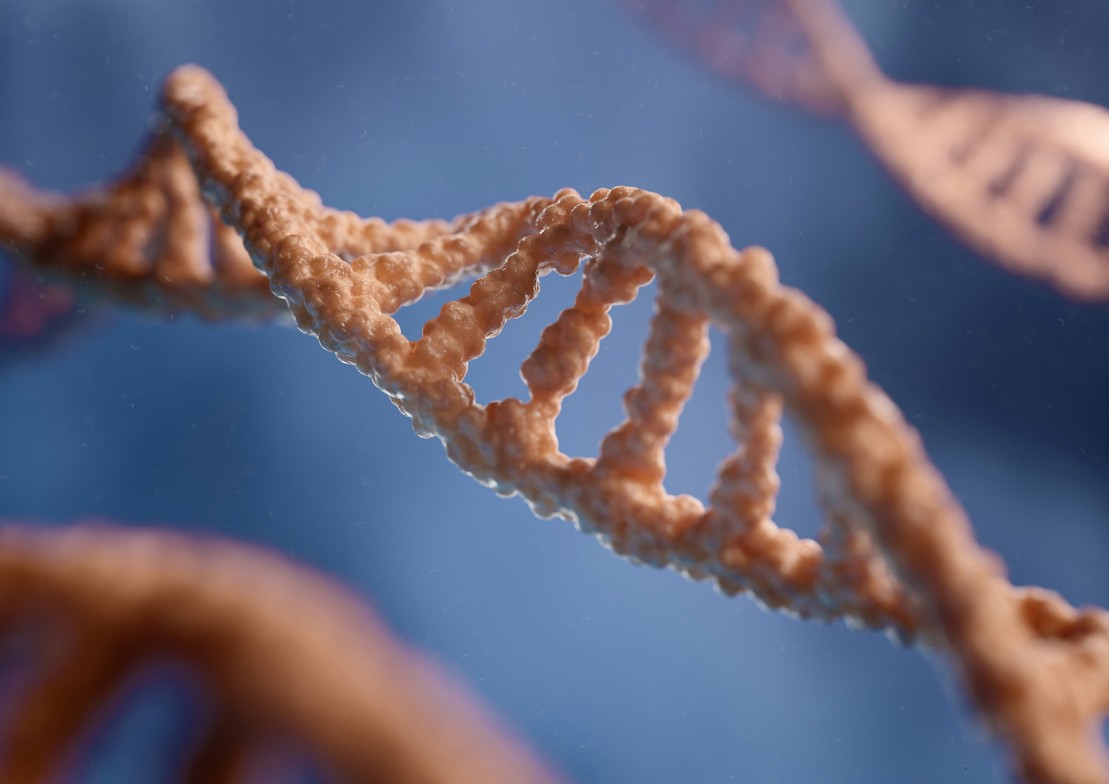
Attention-Deficit/Hyperactivity Disorder (ADHD) is often thought of as a neurodevelopmental condition that begins in childhood and continues into adulthood. But many people wonder: can trauma cause ADHD, or do trauma and ADHD simply overlap?
The short answer is that trauma does not directly cause ADHD. ADHD is considered a genetic and neurobiological condition. However, research shows that childhood trauma and ADHD symptoms can look very similar, and trauma can intensify or mimic the challenges associated with ADHD (Szymanski et al., 2011).
Understanding the differences and connections between trauma and ADHD is key to getting the right diagnosis and treatment.
ADHD: A Neurodevelopmental Condition
ADHD is characterized by difficulties with attention, impulsivity, and hyperactivity. It is largely influenced by genetics and brain chemistry, especially differences in dopamine regulation and prefrontal cortex functioning (Faraone et al., 2015).
This means that ADHD is not something caused by trauma alone. However, life experiences, including stressful or traumatic events, can affect how ADHD shows up in daily life.
Trauma and Its Impact on the Brain
Trauma, especially in childhood, affects the developing brain and nervous system. Experiences such as abuse, neglect, or chronic stress can alter the stress response system, leading to hypervigilance, difficulty concentrating, and emotional dysregulation (van der Kolk, 2014).
These symptoms often resemble ADHD, which can make it challenging to distinguish between the two.
Symptom Overlap: Trauma vs. ADHD
Both ADHD and trauma can cause:
- Trouble focusing or paying attention
- Restlessness or hyperactivity
- Impulsive behaviors
- Emotional reactivity and mood swings
- Sleep difficulties
For example, a child who is constantly on alert due to trauma may appear inattentive in class, not because of ADHD, but because their brain is focused on scanning for danger (Szymanski et al., 2011).
Can Trauma Make ADHD Worse?
While trauma does not cause ADHD, it can make ADHD symptoms more severe. Research suggests that children with ADHD who also experience trauma are more likely to struggle with:
- Higher levels of emotional dysregulation
- Increased anxiety and depression
- More difficulty in school and relationships (Briscoe-Smith & Hinshaw, 2006)
This highlights the importance of assessing both ADHD and trauma in clinical settings.
The Importance of Accurate Diagnosis
Because of the overlap, misdiagnosis is common. A child with trauma may be diagnosed with ADHD, while a child with ADHD may have their struggles dismissed as “just trauma.” The best approach is a comprehensive assessment by a mental health professional who considers both ADHD symptoms and the impact of life experiences.
Treatment and Healing
- For ADHD: Evidence-based treatments include behavioral therapy, executive functioning coaching, and (for some) medication to support focus and regulation.
- For Trauma: Therapies like EMDR, trauma-focused CBT, or somatic therapies can help the nervous system process traumatic memories.
- For Both: A combined approach, addressing ADHD symptoms while also treating trauma, often leads to the best outcomes.
So, can trauma cause ADHD? No, ADHD is not caused by trauma. But trauma can mimic or worsen ADHD symptoms, making diagnosis and treatment more complex. Understanding this connection helps ensure that individuals get the right kind of care, for both the mind and the body.
If you or your child struggle with attention, focus, or emotional regulation and have a history of trauma, seeking a professional evaluation can help clarify the root causes and guide effective treatment.
References
- Briscoe-Smith, A. M., & Hinshaw, S. P. “Linkages Between Child Abuse and Attention-Deficit/Hyperactivity Disorder in Girls: Behavioral and Social Correlates.” Child Abuse & Neglect, vol. 30, no. 11, 2006, pp. 1239–55. https://doi.org/10.1016/j.chiabu.2006.03.006
- Faraone, S. V., et al. “Attention-Deficit/Hyperactivity Disorder.” Nature Reviews Disease Primers, vol. 1, 2015, article 15020. https://doi.org/10.1038/nrdp.2015.20
- Szymanski, K., Sapanski, L., & Conway, F. “Trauma and ADHD — Association or Diagnostic Confusion? A Clinical Perspective.” Journal of Infant, Child, and Adolescent Psychotherapy, vol. 10, no. 1, 2011, pp. 51–59. https://doi.org/10.1080/15289168.2011.575704
- van der Kolk, Bessel A. The Body Keeps the Score: Brain, Mind, and Body in the Healing of Trauma. Viking, 2014.





